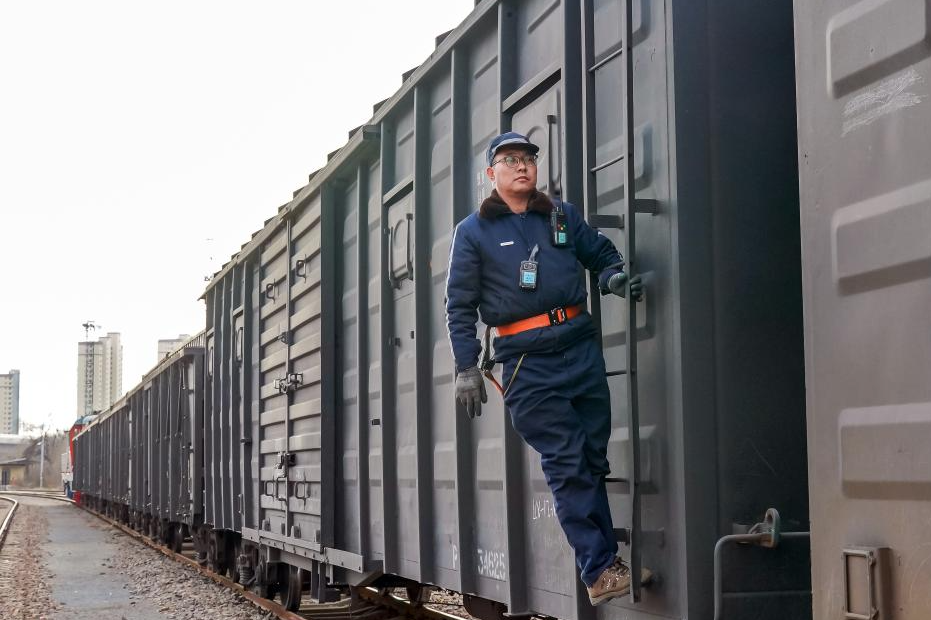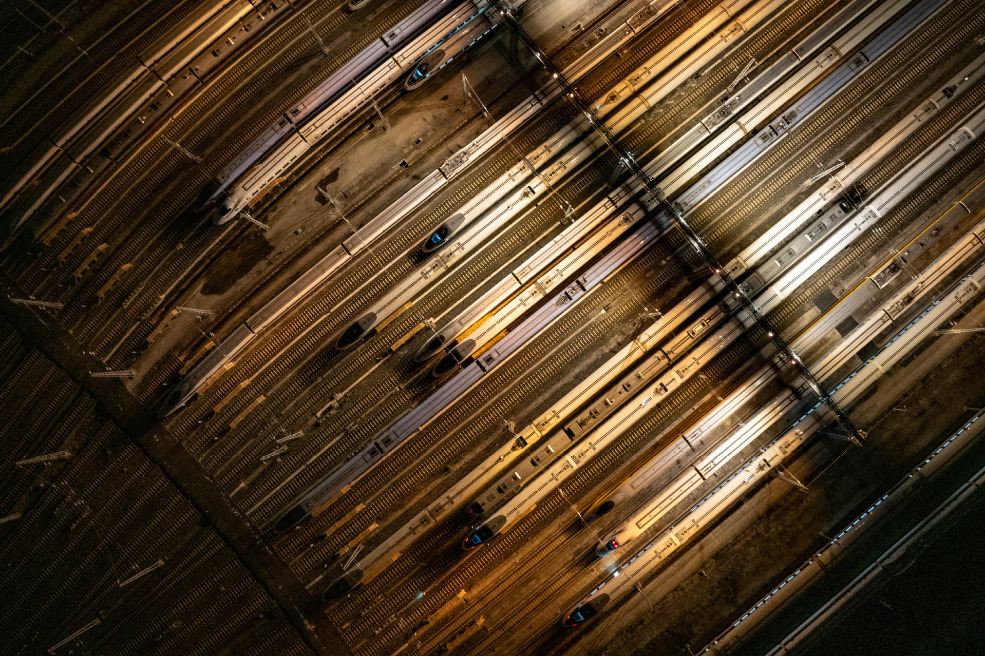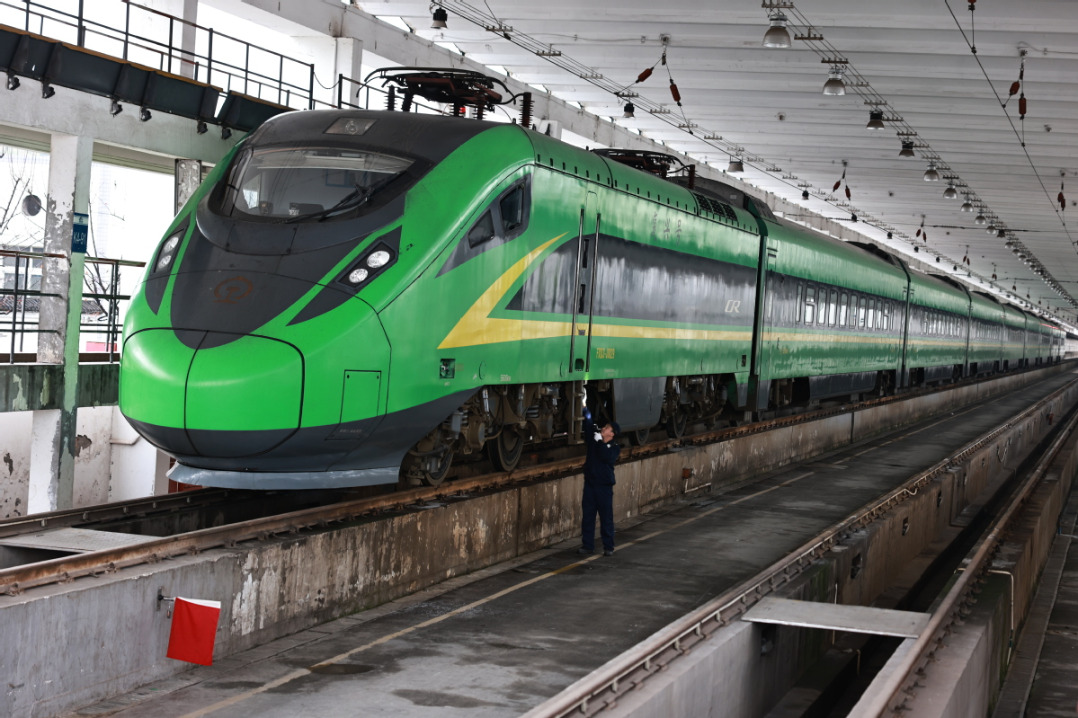'Toilet revolution' moving forward in Hangzhou


In 2015, when the central government announced its campaign for a "toilet revolution", the aim was to have more public toilets and fewer ones that were "unhygienic" and "smelly".
Almost a decade on and public facilities have come along in leaps and bounds, elevating living standards and experiences in rural areas and at the nation's scenic spots.
One exemplary example is at the iconic West Lake in Hangzhou, Zhejiang province.
The Su Causeway Lansing public toilet in the scenic area, with its white walls, dark roof tiles and bamboo building, seamlessly merges with the natural scenery. Opened in 2019 and located between Su Causeway's Suolan Bridge and Wangshan Bridge, the toilet embodies the concept of "blending into the landscape", appearing as a natural part of the West Lake scenic spot.
The toilet, developed by Lansing Public Toilets based in Ningbo, Zhejiang, features a traditional Chinese sloped roof with exposed rafters and beams, elements that highlight the essence of ancient Chinese architecture. To make the structure more dynamic and interesting, the Lansing team incorporated staggered roof layers, which create the shape of overlapping mountain ridges. This design not only adds life to the architecture but also creates a more varied interior space experience.
The founder of Lansing, Zhao Shaohua, from Ningbo, studied material science engineering in the United States before returning to China in 2013. Four years later, he ventured into the public restroom sector within the cultural tourism industry.
"I've always been interested in the cultural tourism industry, and I noticed that public restrooms in this sector presented a particularly pronounced pain point. When compared to those in more developed countries, ours still fall short in terms of standards and maintenance quality," Zhao said. "Also, public restrooms are physical spaces where people gather, offering a lot of potential for future development. That's why I decided to focus on public restrooms as a startup."
To excel in this field, Zhao and his Lansing team conducted extensive research, examining dozens of exemplary public restroom designs at home and abroad.
They visited examples of excellent restrooms such as those in Shenzhen's Lianhuashan Park, as well as many in Japan and Australia. The team didn't just focus on architectural styles but also studied the materials used, drainage solutions and daily cleaning protocols. They paid close attention to how maintenance workers carried out their tasks, looking at how top-notch restrooms are managed and maintained.
In 2018, the Lansing team's first project was completed at Su Causeway, where they concentrated on how to create a human-centered restroom that addressed common issues such as unpleasant odors.
"We started by designing restrooms with a focus on separating wet and dry areas. We also integrated ventilation systems into the architecture, incorporating vents into the walls and adding transom windows at higher points to facilitate airflow. This creates a downward-to-upward air circulation system," he said.
Additionally, they installed odor-neutralizing devices and fragrances to keep the air fresh. "We also require a management team to conduct deep cleanings daily, using high-pressure water hoses to clean areas prone to dirt and grime buildup. There's a lot we can do to address the issue of bad odors," Zhao said.
Lansing's founder said they've received a lot of positive feedback for their facilities, including from a man in his 70s from Taiwan who even posed for a photo with the restroom attendant.
Hangzhou's journey to innovate its public restrooms began early. In 2002, the city introduced free public restrooms.
In 2008, addressing issues such as sanitation and a shortage of facilities, Hangzhou launched a major plan to upgrade the sector, with a goal to build China's top-tier public restrooms. The milestone came in 2018, when the city introduced its own three-year "toilet revolution" plan.
- New professions redefining young people's work, life, play
- Xi calls for advancing ties with Grenada
- Beijing offers foreign travelers greater convenience
- National skiing challenge opens in Shandong
- Police crack down on food, drug, environment, and IP rights offenses
- Ministry plans to approve 14 new higher education institutions





































